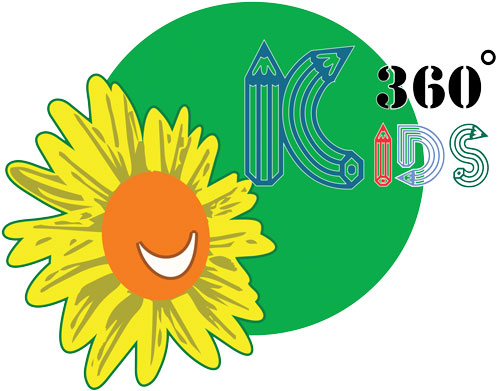
Young children show their understanding by doing, showing, writing or Scribbling and telling. 360 Kids Play School Teachers use assessment strategies of observing, listening, and asking probing questions in order to assess and evaluate children’s achievement.
